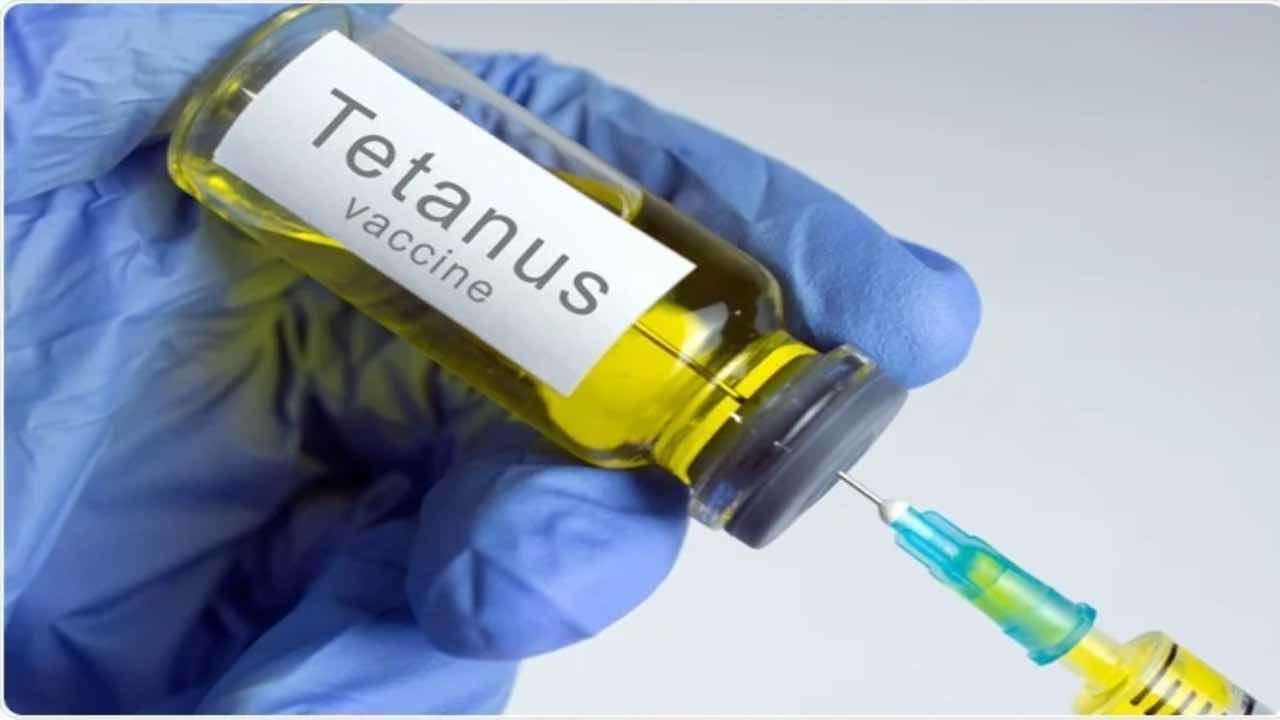
DiYES International School – Preventing Tetanus in Children is essential for safeguarding their health. Tetanus is a life-threatening bacterial infection. It primarily affects the nervous system, causing muscle stiffness and spasms. The bacteria that cause tetanus are found in soil, dust, and animal feces. Children are at risk if they have an open wound exposed to these bacteria. Fortunately, tetanus is preventable through vaccination. This article will explore the importance of tetanus vaccination and share tips on preventing infection.
Tetanus is caused by a toxin released by Clostridium tetani, a bacterium. This bacterium enters the body through cuts or punctures. Once inside, the toxin affects the nervous system. It causes severe muscle spasms, often starting in the jaw. This symptom is commonly known as “lockjaw.” The infection can spread to other muscles, making it hard to breathe or swallow. If left untreated, tetanus can be fatal. While tetanus is rare in countries with vaccination programs, it remains a serious concern for unvaccinated children.
“Read about: Protecting Your Child from Encephalitis: Prevention and Awareness”
Vaccination is the most effective way to prevent tetanus. The tetanus vaccine, often combined with other vaccines, provides long-lasting protection. It is part of the routine childhood immunization schedule. In most countries, children receive the tetanus vaccine at ages 2, 4, 6, and 15-18 months. A booster shot is given between ages 4 and 6. Afterward, a tetanus booster is recommended every 10 years. The vaccine works by stimulating the body to produce antibodies that fight off the tetanus toxin.
Because of the widespread use of vaccines, tetanus cases have dramatically decreased. However, the vaccine needs to be kept up to date to maintain immunity. Parents should ensure their child receives all recommended doses.
Recognizing the symptoms of tetanus early can save lives. The first sign is often muscle stiffness, particularly in the jaw and neck. This is followed by painful muscle spasms. The child may also have difficulty swallowing or breathing. In severe cases, spasms may affect the muscles required for breathing, leading to respiratory failure. A fever may also occur. If any of these symptoms appear, immediate medical attention is crucial. Tetanus can be fatal if not treated quickly.
“Read more: Embracing the Entrepreneurial Lifestyle: The Road to Freedom and Innovation”
Preventing tetanus requires a combination of vaccination and safety measures. Here are some tips to help reduce the risk:
Children are especially vulnerable to tetanus because their immune systems are still developing. They also tend to be more active, playing in environments where they are more likely to get cuts and scrapes. Since children’s immune systems are not as robust as adults, they may have a harder time fighting infections. Furthermore, children may not always be aware of potential risks, such as stepping on rusty nails or playing with unsanitary objects. Therefore, ensuring they receive their vaccines and practicing safety measures is crucial to preventing tetanus.